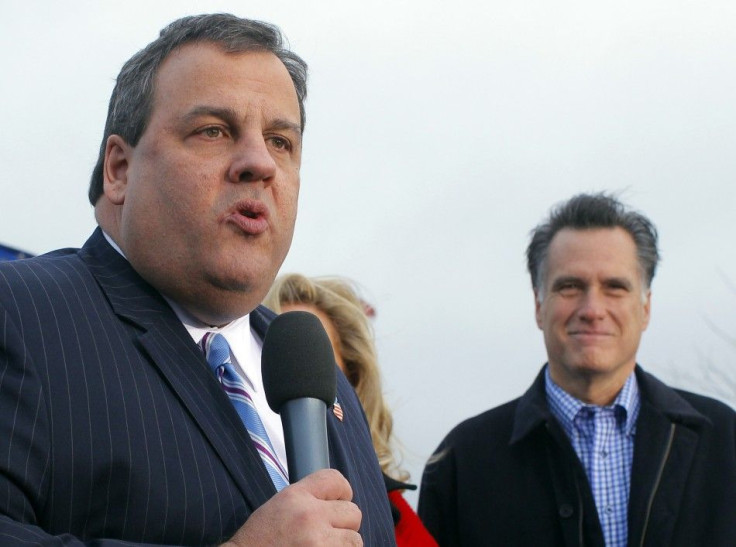Gay Marriage Nears Veto-Proof Support in New Jersey

Supporters of same-sex marriage have almost enough votes in the New Jersey legislature to override Gov. Chris Christie's expected veto, making it increasingly likely that New Jersey will become the seventh state to legalize marriage for same-sex couples.
It takes 27 votes in the 40-member New Jersey Senate and 54 votes in the 80-member Assembly to override a veto. Currently, between 24 and 27 state senators, including up to four Republicans, support same-sex marriage, and bill sponsor Raymond Lesniak of Union County told The Wall Street Journal that he was confident he could shore up that number. Assembly Speaker Sheila Oliver of Essex County did not specify how many Assembly members support same-sex marriage, but she said she was working actively to get the required number.
Majority support is not in question in either chamber, and it is almost certain that the bill to legalize same-sex marriage will pass when it comes up for a vote. But since Christie is a vocal opponent of same-sex marriage and has vowed to veto any attempt to legalize it, veto-proof majorities are needed.
Christie did not seem particularly concerned about the prospect of a veto override, telling WNYC on Wednesday that New Jersey had failed to approve similar legislation in the past. He reiterated his opposition to same-sex marriage, saying, I think this type of societal change is something we need to do very deliberately and have as much public input as we possibly can.
Many opponents of same-sex marriage make similar arguments: that it should be up to voters, not unelected judges or even elected legislatures, to decide the same-sex marriage question by referendum. These opponents note that, in states where same-sex marriage has been put to a popular vote, voters have never approved it. Supporters of same-sex marriage counter that it is unconstitutional to subject civil rights to a popular vote.
In New Jersey, however, the majority of voters -- 52 percent -- support same-sex marriage, and only 42 percent of voters oppose it, according to a Quinnipiac poll released on Thursday. That number is higher than it has ever been, indicating that public opinions on same-sex marriage are becoming gradually more tolerant.
--
© Copyright IBTimes 2025. All rights reserved.





















